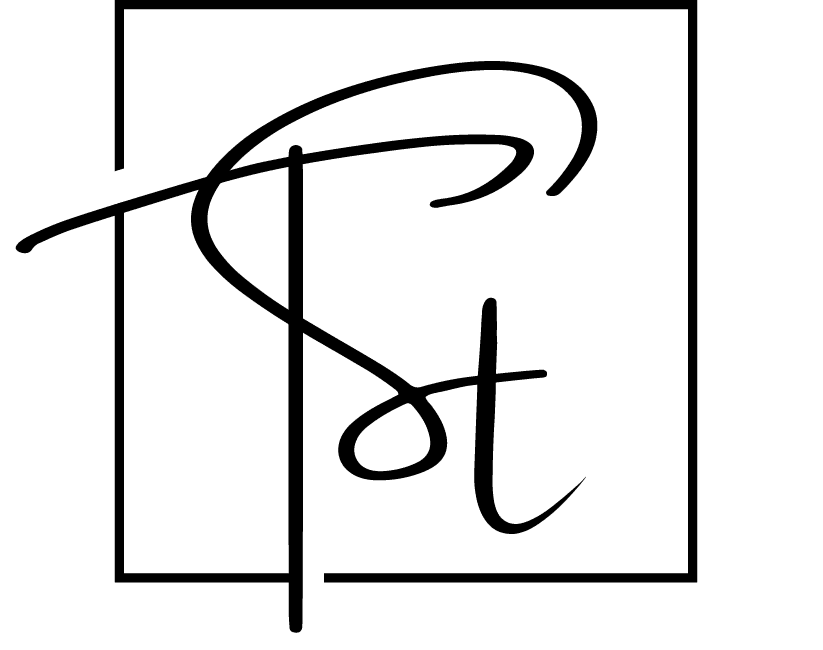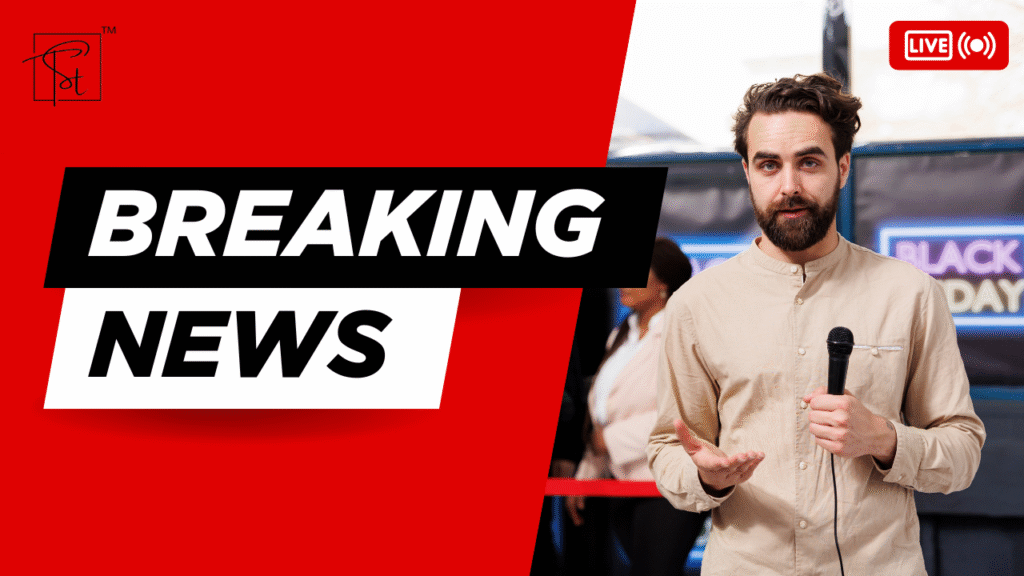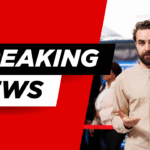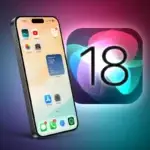Julian Assange Plea Deal Ends Years-Long Legal Battle
A Shocking Turn of Events in the Global News Sphere
In a development that’s sent shockwaves around the world, Julian Assange, the founder of WikiLeaks, has reached a plea deal that puts an end to a legal saga that’s spanned over a decade. If you’ve been following global politics or internet freedom movements, you already know his name. But for those who haven’t, here’s what you need to know: Assange is the man behind one of the most controversial online whistleblowing platforms in modern history.
So, what does this plea deal really mean? Why does it matter now? And how does this tie into the current global conversation about freedom of the press, information transparency, and human rights?
Let’s unpack it.
Who is Julian Assange and Why Was He in Trouble?
Before diving into the fresh news, it’s worth understanding who Julian Assange is and what brought him to this point.
Julian Assange is an Australian journalist, publisher, and activist. He gained worldwide fame for founding WikiLeaks in 2006—a website that published classified and sensitive documents from anonymous sources.
Some of the most explosive publications included:
- “Collateral Murder”: A video showing a U.S. military helicopter attack in Baghdad that killed 12 people, including two journalists.
- Afghanistan and Iraq war logs: Hundreds of thousands of classified documents detailing the wars, civilian casualties, and internal reports.
- U.S. diplomatic cables: Hundreds of thousands of diplomatic wires that exposed corruption, backroom deals, and intelligence gathering across the globe.
These publications thrust WikiLeaks into the spotlight—and Assange into the crosshairs of many governments, especially that of the United States.
What Was the Case Against Assange?
The U.S. government alleged that Assange encouraged and helped U.S. Army intelligence analyst Chelsea Manning to illegally hack and download classified data, violating the Espionage Act. If convicted, he could have faced up to 175 years in prison.
Over the years, Assange’s legal troubles included:
- Years of asylum inside the Ecuadorian Embassy in London to avoid extradition.
- A British arrest warrant for skipping bail.
- U.S. extradition requests on espionage charges.
- Global debates about whether he’s a journalist serving the public interest or a criminal jeopardizing national security.
Sound complicated? It was. It still is. But as of the last 24 hours, the legal nightmare might finally be coming to a close.
Breaking News: Julian Assange Plea Deal
According to the latest news storming social media and political headlines, Julian Assange has accepted a plea deal with U.S. prosecutors, effectively ending his years-long battle against extradition and prosecution.
🚨 Here’s the gist of the deal:
- Assange pleaded guilty to a single count of conspiring to obtain and disclose classified U.S. national defense documents.
- He agreed to this plea during a court hearing held in a U.S. federal court in Saipan, part of the U.S. Commonwealth in the Northern Mariana Islands—a remote but strategic venue chosen to resolve the case.
- Assange will avoid prison time in the United States. Instead, he will be credited for the time he has already spent in Belmarsh Prison in the UK and is likely to return to Australia a free man.
This dramatic turn of events comes mere days after growing international calls for the U.S. to drop the charges, highlighting press freedom and humanitarian concerns.
Why This Moment Matters—A Global Perspective
Let’s pause and ask: Why should you care about this? After all, it might seem like just another high-profile case in world politics.
But here’s why this matters to all of us:
- Press freedom vs. national security: Is publishing classified documents a threat—or a service to democracy?
- Transparency in government: Should we, as citizens, have access to the truth, even if it embarrasses or undermines state authority?
- Digital age activism: In the age of smartphones and the internet, whistleblowing doesn’t need smoke-filled rooms. It can happen with a few clicks—and change the world overnight.
These issues are not just about Julian Assange. They’re about the balance between power and accountability in a digital world.
What People Are Saying—Social Media Reactions
Within hours of the news breaking, #JulianAssange and #PressFreedom were trending across platforms like X (formerly Twitter), Reddit, and even TikTok.
Some herald him as a hero.
➡️ “Assange is free! This is a win for journalistic integrity and truth-seekers everywhere!” one user tweeted.
Others remain skeptical or even angry.
➡️ “He made the world more dangerous. There should’ve been accountability for leaking sensitive data!” another user posted.
What do you think? Would you consider him a villain or a whistleblowing pioneer?
How Does This Impact the Future of Journalism?
Now that Assange has struck a deal and avoided further U.S. imprisonment, this case could have a ripple effect across journalism, whistleblowing, government transparency—and internet freedom.
Possible implications:
- More protections for journalists? Advocacy groups around the world are pushing harder than ever for clearer distinctions between whistleblowing and espionage.
- Digital privacy questions: If a journalist can be charged for simply receiving leaked information, what kind of precedent does that set?
- Fear or freedom? Will this deal deter future digital leakers—or inspire more transparency advocates?
Journalists around the globe are closely watching what happens next. This isn’t just about one man walking free—it’s about whether the truth can come out in the digital age without fear of prosecution.
Connecting Today’s Headlines to Bigger Trends
This story comes on the heels of several recent developments centered around whistleblowing and tech freedom. Just in the past year, we’ve seen:
- Facebook whistleblower Frances Haugen testifying before Congress about toxic algorithms.
- Calls for stronger online anonymity amid rising censorship in various countries.
- The heated debate about data ownership, hacking ethics, and cybersecurity policies across Europe and the Americas.
Assange’s case aligns with these trends, especially the growing divide between powerful institutions and the public’s right to transparency. His plea deal adds momentum to conversations already heating up in both digital and legislative circles.
Is This the End? Or Just a New Beginning?
While the legal chapters may be closing, the Julian Assange saga is far from over in the court of public opinion.
The plea marks a compromise: Assange avoids a lifetime in prison, while the U.S. gets to affirm its stance on unauthorized leaks. Yet, for many, that answer doesn’t go quite far enough.
His supporters stand their ground, fearing this will make future journalists think twice before publishing important leaks. Even mainstream media outlets—some of which once criticized Assange—now stress the importance of public interest journalism.
**Will Assange return quietly to Australia? Or will he emerge once again as a firebrand voice in global transparency?**
That’s the million-dollar question.
Conclusion: A Story That Will Echo for Years
Julian Assange’s plea deal may offer a kind of closure to a grueling, years-long legal journey. But for history books, online free speech activists, and journalists around the world, the conversations it has sparked are just beginning.
Why this matters to you: In an age where information flows faster than ever and governments strive to control narratives, Assange’s story is a reminder that truth—no matter how inconvenient—still has the power to shake the world.
Key Takeaways
- Julian Assange has accepted a plea deal with U.S. authorities, avoiding further prison time.
- He returns to Australia after years of legal conflict, including asylum in an embassy and prison in the UK.
- The plea resolves a landmark legal battle with powerful implications on journalism, free speech, and government transparency.
- Supporters and critics continue to debate whether Assange is a freedom fighter or a careless publisher of state secrets.
What Do You Think?
This story isn’t just about courtroom drama—you’re part of it. As readers, citizens, voters, and digital creators, what we believe about journalism, privacy, and truth shapes the future.
📢 Leave a comment below and tell us:
– Is Julian Assange a hero or a threat?
– Should whistleblowers be protected or prosecuted?
– How does this decision impact your trust in the media?
Don’t forget to share this post with your friends and family. The more we talk, the more we understand.
Stay Tuned for More Breaking News
If you found this breakdown useful, stay with us. We cover global stories you care about, making complex issues easy to understand—and relevant to your life.
Until next time, stay curious. Stay informed. And remember: in the fight for the truth, every voice matters.
#JulianAssange #PleaDeal #WikiLeaks #FreedomOfSpeech #WhistleblowerNews #BreakingNews #GlobalPolitics #DigitalRights



